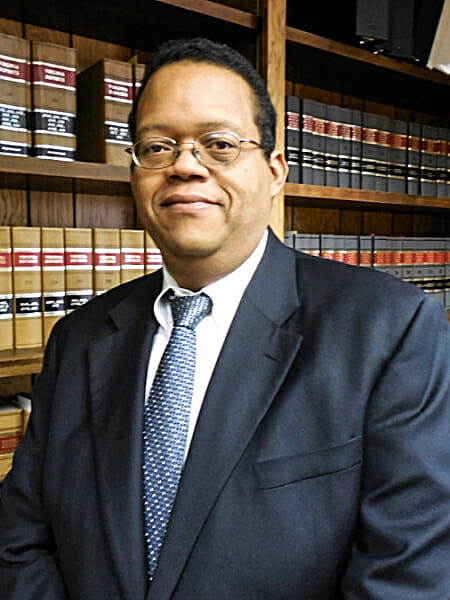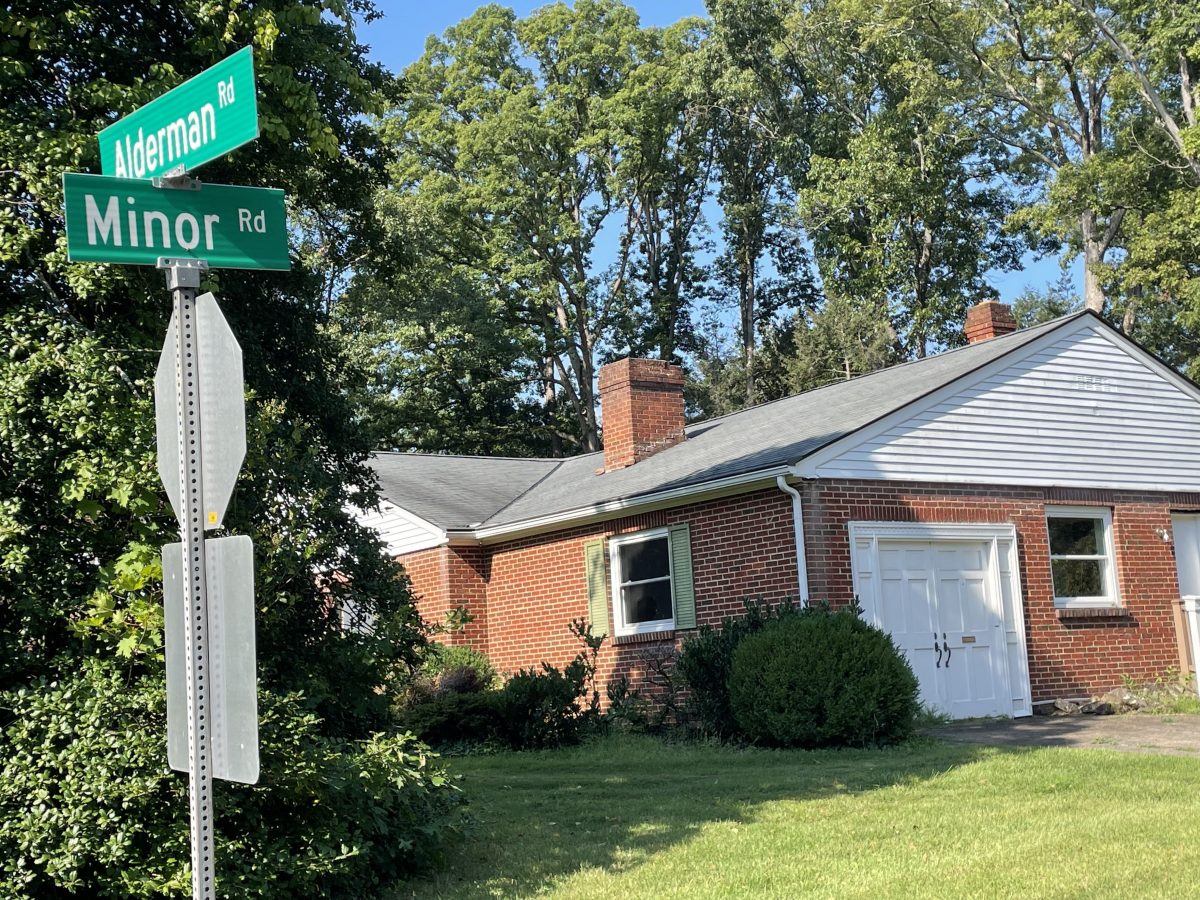One month after City Council approved a new zoning code that allows more residential density across Charlottesville, a group of property owners filed a lawsuit arguing they would be harmed by the changes.
Last week, Charlottesville Circuit Judge Claude Worrell dismissed two of the four counts in White v. Charlottesville but left room for further hearings on the other two.
“Plaintiffs have provided a sufficient question of fact for the Court to hear evidence regarding the promulgation of the new zoning ordinance,” Worrell wrote in a three-page ruling dated November 12.
One of the open questions under Virginia law is whether the new development code was “drawn and applied with reasonable consideration for the existing use and character of property,” including a review of transportation requirements and other public services.
So far, all of the legal proceedings have dealt with a motion from the city that states the plaintiffs have no merit and no standing to sue. Each owns a lot that now allows six or eight units rather than the one permitted under the old zoning.
Worrell concluded the plaintiffs have the right to bring the case, and his invitation for evidence relates to the question of whether Charlottesville followed state regulations.
In his ruling, Worrell also said if both parties are prepared to proceed without submitting new evidence, he would be ready to “rule as to the sufficiency of the suit as a matter of fact and law.”
The property owners want their day in court.
“The plaintiffs expect to present evidence regarding the promulgation of the new zoning ordinance at a trial on this matter,” said Mike Derdeyn, the plaintiffs’ attorney.
When asked if it would submit anything new, Afton Schneider, Charlottesville’s director of communications and public engagement, said the city does not comment on pending litigation.
In late September, Fairfax Circuit Court Judge David Schell ruled against a provision added to Arlington County’s land use regulations that had the same intent as Charlottesville’s development code—to increase the number of places people can live. Schell, a retired judge, was assigned to the case after Arlington judges recused themselves because they are homeowners. Worrell, a property owner in Charlottesville, did not recuse himself.
Part of Schell’s ruling against Arlington’s Expanded Housing Option program hinges on the same section of state code that has kept the Charlottesville case alive. Arlington County has indicated it will appeal the ruling.
According to the website ARLNow.com, Schell’s ruling will permit several dozen units being built under the EHO program to proceed, but he warned they may one day need to be torn down depending on how the appeals process works out.
A handful of “major development plans” have been filed with the City of Charlottesville, including the conversion of 303 Alderman Rd. from a single-family house to six townhomes and a by-right request to build 24 units at 2030 Barracks Rd.

